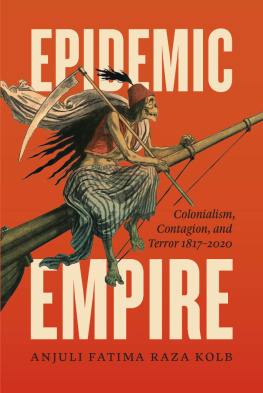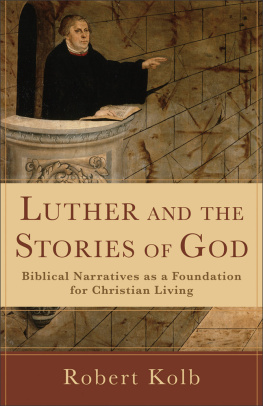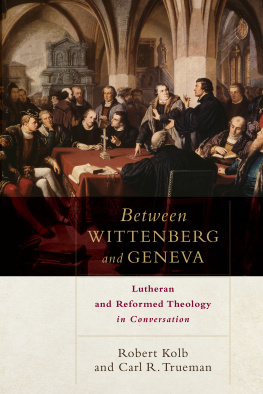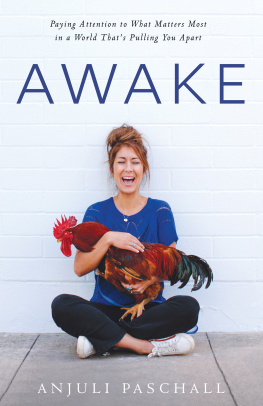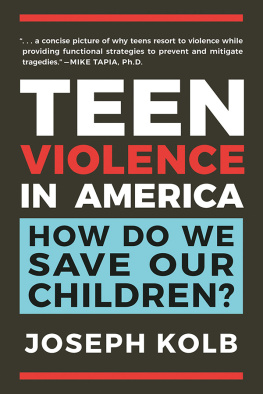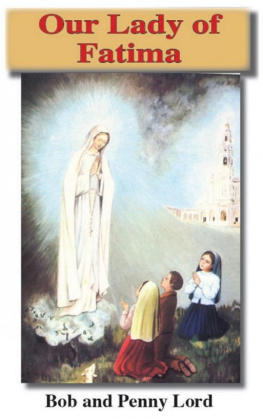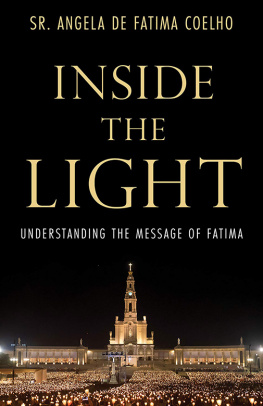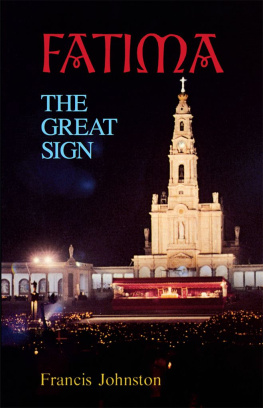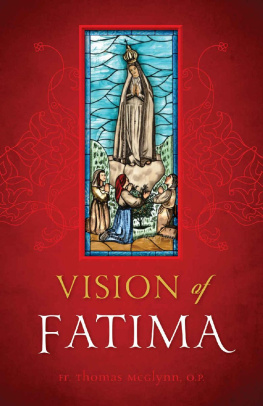Anjuli Fatima Raza Kolb - Epidemic Empire
Here you can read online Anjuli Fatima Raza Kolb - Epidemic Empire full text of the book (entire story) in english for free. Download pdf and epub, get meaning, cover and reviews about this ebook. year: 2021, publisher: University of Chicago Press, genre: Politics. Description of the work, (preface) as well as reviews are available. Best literature library LitArk.com created for fans of good reading and offers a wide selection of genres:
Romance novel
Science fiction
Adventure
Detective
Science
History
Home and family
Prose
Art
Politics
Computer
Non-fiction
Religion
Business
Children
Humor
Choose a favorite category and find really read worthwhile books. Enjoy immersion in the world of imagination, feel the emotions of the characters or learn something new for yourself, make an fascinating discovery.
- Book:Epidemic Empire
- Author:
- Publisher:University of Chicago Press
- Genre:
- Year:2021
- Rating:4 / 5
- Favourites:Add to favourites
- Your mark:
- 80
- 1
- 2
- 3
- 4
- 5
Epidemic Empire: summary, description and annotation
We offer to read an annotation, description, summary or preface (depends on what the author of the book "Epidemic Empire" wrote himself). If you haven't found the necessary information about the book — write in the comments, we will try to find it.
Epidemic Empire — read online for free the complete book (whole text) full work
Below is the text of the book, divided by pages. System saving the place of the last page read, allows you to conveniently read the book "Epidemic Empire" online for free, without having to search again every time where you left off. Put a bookmark, and you can go to the page where you finished reading at any time.
Font size:
Interval:
Bookmark:
Anjuli Fatima Raza Kolb
The University of Chicago Press
CHICAGO & LONDON
The University of Chicago Press, Chicago 60637
The University of Chicago Press, Ltd., London
2021 by The University of Chicago
All rights reserved. No part of this book may be used or reproduced in any manner whatsoever without written permission, except in the case of brief quotations in critical articles and reviews. For more information, contact the University of Chicago Press, 1427 East 60th Street, Chicago, IL 60637.
Published 2021
Printed in the United States of America
29 28 27 26 25 24 23 22 21 20 1 2 3 4 5
ISBN-13: 978-0-226-739212 (cloth)
ISBN-13: 978-0-226-739359 (paper)
ISBN-13: 978-0-226-739496 (e-book)
DOI: https://doi.org/10.7208/chicago/9780226739496.001.0001
Library of Congress Cataloging-in-Publication Data
Names: Raza Kolb, Anjuli Fatima, author.
Title: Epidemic empire : colonialism, contagion, and terror, 18172020 / Anjuli Fatima Raza Kolb.
Description: Chicago : University of Chicago Press, 2021. | Includes bibliographical references and index.
Identifiers: LCCN 2020026469 | ISBN 9780226739212 (cloth) | ISBN 9780226739359 (paperback) | ISBN 9780226739496 (ebook)
Subjects: LCSH: Terrorism. | Imperialism. | Political violence.
Classification: LCC HV6431 .R393 2021 | DDC 303.6/2501dc23
LC record available at https://lccn.loc.gov/2020026469
 This paper meets the requirements of ANSI / NISO Z39.48-1992 (Permanence of Paper).
This paper meets the requirements of ANSI / NISO Z39.48-1992 (Permanence of Paper).
for my parents
Anon., Miss Wheeler defending herself against... (ca. 1860)
Rudyard Kipling, Kim (1944)
Rudyard Kipling, Kim (1944)
G. B. Malleson, Map to illustrate the progress of cholera... (1867)
Orlando Hodgson, John Bull catching the cholera (1832)
Friedrich Graetz, The kind of assisted emigrant... (1832)
Still from A Girl Walks Home Alone at Night (2014)
Still from A Girl Walks Home Alone at Night (2014)
Sotheby, Wilkinson & Hodge, Catalogue of Valuable Printed Books (1913)
W. V. Cockburn, The Invisible Giant (1882)
Thornley Stoker memo to Bram Stoker (ca. 1880)
Alfred Rethel, Death the Strangler (1851)
Still from The Battle of Algiers (1966)
Still from Contagion (2011)
Pablo Picasso, portrait of Djamila Boupacha (1961)
Still from The Battle of Algiers (1966)
Anon., Ici on noie les Algriens (1961)
Robert Lapoujade, tudes pour unhommage Djamila Boupacha (1961)
Frank G. Boudreau, Ancient DiseasesModern Defences (1939)
Daisy Rockwell, Oscar, Wow! III (2010)
Sid Jacobson and Ernie Coln, The 9/11 Report (2006)
CIA, Other Document 45 (2003)
Edmund Coopers cholera morbidity map (1854)
The Senate Intelligence Committee Report on Torture (2014)
This book was going to press when the COVID-19 pandemic struck North America in March 2020. I was teaching in Canada at the time, and my family was across the border in the United States. My parents, one recently retired and one still working, are doctors. Three of my cousins and four of my aunts and uncles are doctors. Another one of my aunts is a nurse, one is a retired medical technician, and another cousin is in school for medical tech. Every one of them has infinitely more to offer our immediate collective welfare than I do. In these last few weeks, every scholar or writer I know has questioned the point of our endeavors, the usefulness of our skills. As I complete this book from quarantinea practice whose racial and economic history I spent many years studyingI vacillate between feeling on-call for the first time in my life and doubting the necessity of scholarship, enraged at the structure of the humanities at present, and fearful for my colleagues, students, and the future of higher education.
For me, the pressure behind these concerns has never been greater, but I have also been writing this book about colonialism, race, and contagion for a long time. My research has its origins in my experience of September 11. I was in college in New York when the towers came down, and I watched with horror as the language of politicians and the media wrapped the events of that day in both Islamophobia and the figural vocabulary of contagious disease: the so-called epidemic of radical Islam and terrorism. These past few months have shown us new dimensions in the cynicism of this discourse. Not only did the framework of contagion serve to further dehumanize Muslims around the world and instigate the longest war weve known as a nation, but it also actively siphoned resources away from public health, preventative care, and disaster preparedness, in order to arm us against what we were told over and over was a more pressing, a more existential threat.
As the coronavirus death toll in New York State crossed the three thousand mark, and then doubled and doubled againas mass graves were dug on Hart Island in the Bronx to bury the unclaimed deadcomparisons to September 11 came hard and fast. Governor Andrew Cuomo repeatedly invoked the memory of the terrorist attacks. The similarity, for Cuomo, was in the seeming randomness of both events; he called the pandemic a violent explosion that ripples through society with the same randomness, the same evil that we saw on 9/11. I do not believe these violences ripple randomly. The fallacy of this bidirectional analogy has deep roots; it is those roots I trace, historicize, and assess in this book.
Even before September 11, government officials, journalists, cultural critics, writers, filmmakers, police chiefs, scholars, and policy experts favored the epidemic metaphor for terrorism and Islamist extremism. Over the course of researching this book, I have found that the metaphor of epidemic applied to insurgent and nonstate violence connects many nonterrorist and non-Islamist genera as well, but in a less patterned and more ephemeral way. We are prone, as Susan Sontag wrote in Illness as Metaphor, to liken the unknown to the known, as a way to domesticate and cognize it. The habitual tethering of deliberate and widespread acts of violence to plague shows the extensibility of this truth, binding one terrifying unknown to another, creating all manner of epistemic and hermeneutic confusion that ossifies into policy and shapes the world order in ways that are scientifically, analytically, and morally incoherent. At the same time, this policy, this world order, is remarkably like that of European colonialism and its design of racial and economic brutalityin other words, extremely consistent. In this way, a figural operation that seems to obscure meaning and understanding through randomness also serves extraordinarily stable goals, namely the abandonment of the poor, the racially othered, the disabled, the surplus of the global body politic.
In the early weeks of the pandemic, journalist Paul Elie wrote against this stubborn figural habit and returned, as so many of us have done, to Sontag. In (Against) Virus as Metaphor, Elie writes, Sontags work suggests that metaphors of illness are malign in a double way: they cast opprobrium on sick people and they hinder the rational scientific apprehension that is needed to contain disease and provide care for people. Speaking in his conclusion of this hindrance, Elie points out what is to me the most important insight of the first COVID-19 months, namely that
[O]ur disinclination to see viruses as literal may have kept us from insisting on and observing the standards and practices that would prevent their spread. Enthralled with virus as metaphor and the terms associated with itspread, growth, reach, connectednesswe ceased to be vigilant. Jetting around the world, we stopped washing our hands.
Font size:
Interval:
Bookmark:
Similar books «Epidemic Empire»
Look at similar books to Epidemic Empire. We have selected literature similar in name and meaning in the hope of providing readers with more options to find new, interesting, not yet read works.
Discussion, reviews of the book Epidemic Empire and just readers' own opinions. Leave your comments, write what you think about the work, its meaning or the main characters. Specify what exactly you liked and what you didn't like, and why you think so.

